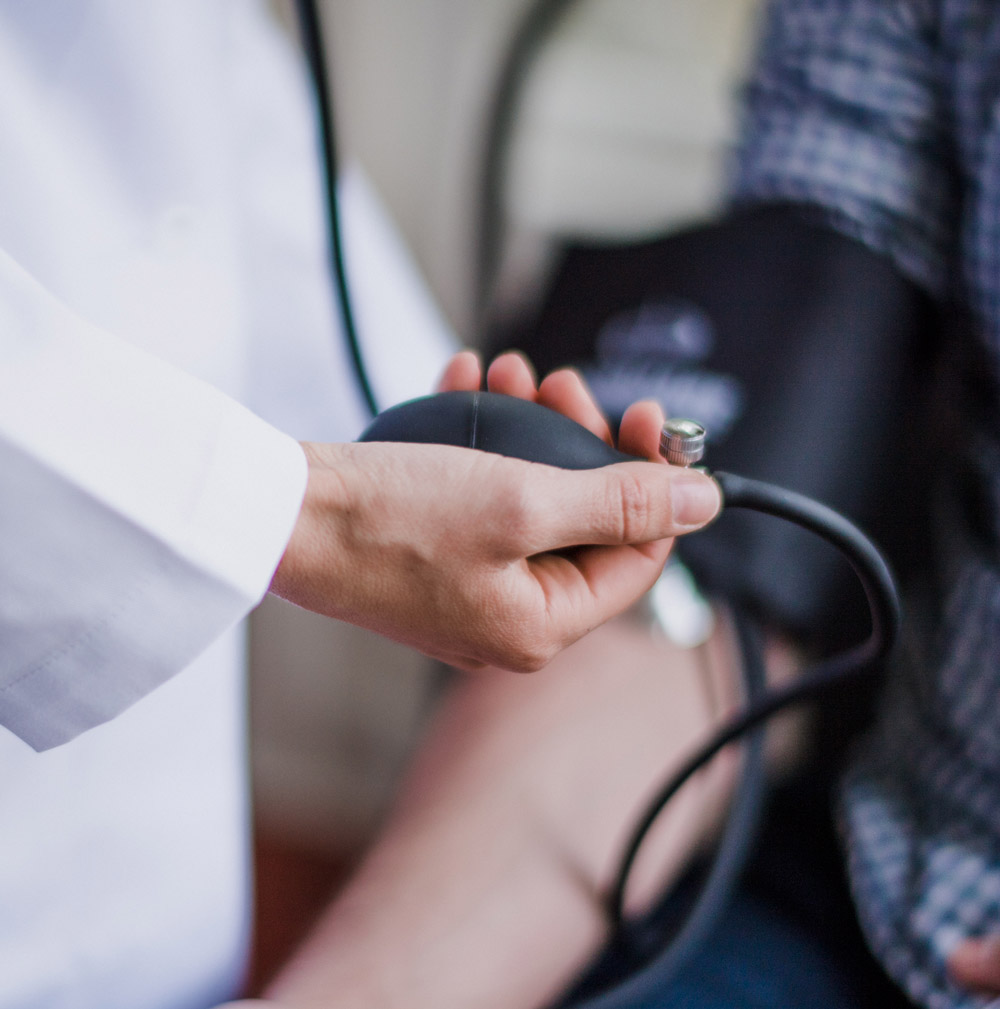Bariatric Surgery
Bariatric surgery, also known as weight loss surgery, not only helps with losing weight but also in the treatment of medical conditions caused by obesity, or excess weight. Surgery for weight loss and the treatment of obesity has been around since before the 1950’s, however current technology and the advent of laparoscopic surgery has made bariatric surgery safter than ever for the treatment of obesity and weight-related medical problems.

Sleeve Gastrectomy / Gastric sleeve
This procedure involves removal of approximately 80 – 85% of the stomach, by volume. The remaining stomach is secured closed with staples and suture. This creates a long vertical tube or banana-shaped stomach. The sleeve gastrectomy does not involve cutting or changing the sphincter muscles that allow food to enter or leave the stomach. When you eat after having this surgery, the smaller stomach will fill up quickly. You will feel full after eating just a very small amount of food. It is important that you follow the diet instructions provided by your surgeon.
Advantages
The sleeve is technically an easier surgery to perform than other anatomy-altering surgeries, making complications less likely. There is no bypassing of any intestine, which makes it less likely to cause problems with malnutrition or vitamin deficiency., Since here is no re-arrangement of the small intestines, there is no risk of marginal ulceration or dumping syndrome like there is with a gastric bypass; nor is there a risk of internal hernia like there is with a gastric bypass or duodenal switch.
Disadvantages
The surgery is irreversible (the divided stomach is removed from the body) There is not as much long-term data available for this surgery, regarding how well patients lose weight and keep it off (the sleeve gastrectomy has only been in widespread use in the US since before 2010). Recent research shows about 50% of patient’s with this surgery keep weight off for the long-term, and for significant obesity if may be considered an “underpowered” surgery. The surgery may worsen heartburn. Complications of the gastric sleeve (e.g. staple line leak or stomach narrowing) can be difficult to deal with, though more efficient and effective methods of treating leaks have been employed over the past 5 years.
Things to Know
You can still develop malnutrition or vitamin deficiency problems (particularly with iron, thiamine, calcium, B12) Severe reflux and a condition called Barrett’s esophagus (a pre-cancerous change in the esophagus) is a potential reason to not have the sleeve gastrectomy. The sleeve gastrectomy may not achieve the weight loss or resolution of medical problems that is desired, especially if the level of obesity is severe (BMI over 50 kg/m2) or if diabetes is severe (taking a significant amount of insulin) If weight loss and resolution of medical problems has been inadequate one to two years after having the sleeve gastrectomy, having a revisional bariatric surgery can be considered.
Better Health Care is Our Mission
Phone:
Emergency Hotline
In case of a medical emergency, please dial this number immediately: 911
Bakersfield Office:
8311 Brimhall Rd. Building 1900, Suite #1901 Bakersfield, CA 93312

